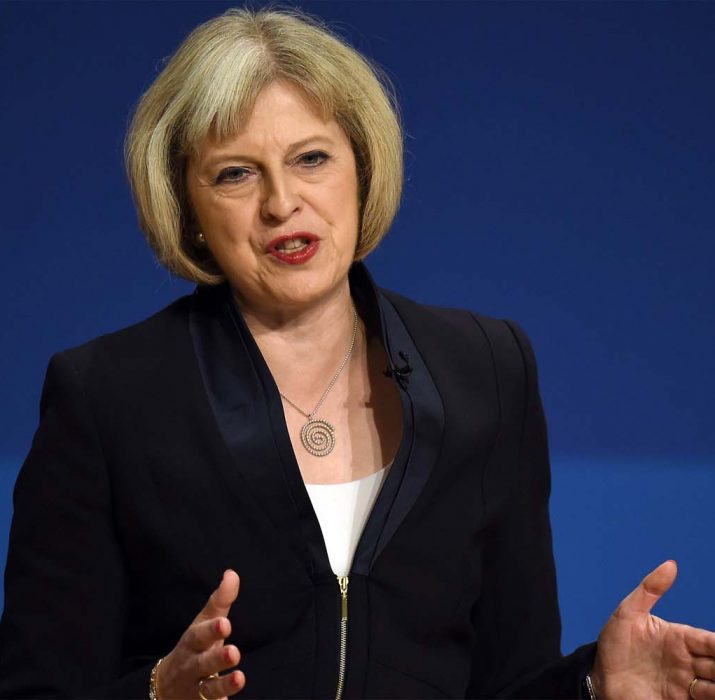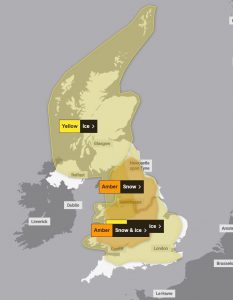Brexit bill: Parliament clears way for talks with EU
Parliament has passed the Brexit bill, paving the way for the government to trigger Article 50 so the UK can leave the European Union.

Parliament has passed the Brexit bill, paving the way for the government to trigger Article 50 so the UK can leave the European Union.
Peers backed down over the issues of EU residency rights and a meaningful vote on the final Brexit deal after their objections were overturned by MPs.
The bill is expected to receive Royal Assent and become law on Tuesday.
This means Theresa May is free to push the button on withdrawal talks – now expected in the last week of March.
The result came as Scotland’s First Minister Nicola Sturgeon announced that she intended to hold a second referendum on Scottish independence at a time when Brexit negotiations are expected to be reaching a conclusion.
Ms Sturgeon said she wanted a vote to be held between autumn 2018 and spring 2019 – but there is speculation that Mrs May will reject the idea of the referendum being held before the Brexit process is completed.
That Brexit process is set to take two years from when Mrs May invokes Article 50, which formally gives the EU notice of the UK’s intention to leave.
Brexit Secretary David Davis said. “We are now on the threshold of the most important negotiation for our country in a generation.”
The votes came after Brexit minister Lord Bridges of Headley warned that now was not the time to “return to the fray” by inserting “terms and conditions” in the legislation.
Labour’s spokeswoman Baroness Hayter of Kentish Town attacked the Lib Dems for not being responsible and “falsely raising” people’s hopes on the rights of EU citizens living in the UK.
Liberal Democrat Lord Oates said the government had failed to make concessions over the position of EU nationals living in the UK and called on peers to insist on changes.









